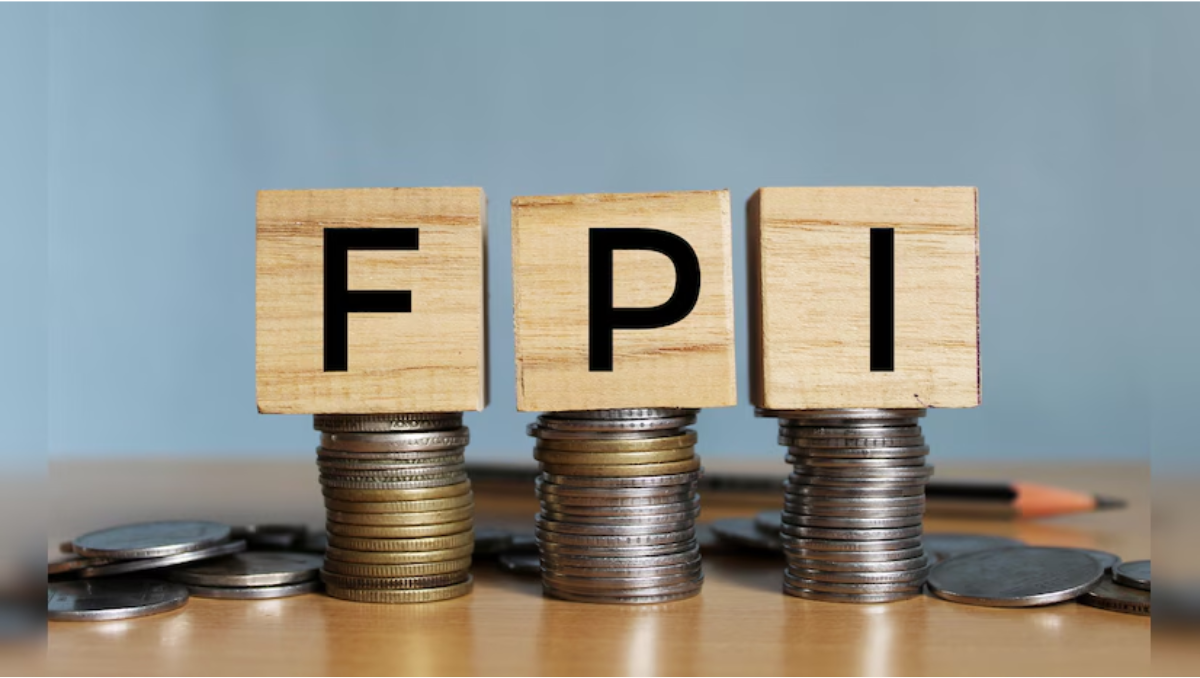The Indian general elections of 2024 are rapidly approaching, and the financial community is keeping a careful eye on the possible results. Nomura analysts believe that a win by the Bharatiya Janata Party (BJP), led by Narendra Modi, would have a big effect on foreign portfolio investments (FPI) in India and would even result in large weekly inflows. This article explores the effects of a BJP victory on FPI, the potential exodus in the event that the BJP loses, and the larger economic environment impacting these forecasts.
FPI Inflows and Election Outcomes
Nomura predicts that foreign portfolio investors will return to India in the event that the BJP wins in the 2024 elections, with weekly inflows of $1–2 billion into the debt markets projected until the JP Morgan index inclusion date on June 28. This prediction is based on the conviction that an advantageous investment environment will be fostered by political stability under BJP rule.
According to Nathan Sribalasundaram of Nomura, “Given our base case is for a BJP win, we expect to see capital flows return, and estimate around $1 billion–$2 billion of inflows weekly after the election into the index inclusion date.” This opinion is supported by recent patterns showing that FPI accounts have started buying Indian Government Bonds (IGBs) again, albeit in smaller quantities.
Possible Consequences of BJP Loss
Conversely, Nomura warns of significant withdrawals from the forex channel, which could reach $30 billion in a matter of weeks, should the BJP lose the 2024 elections. In order to stabilise the currency and financial markets, the Reserve Bank of India (RBI) would need to step in quite a bit.
Due to capital account flows that are directly related to foreign portfolio investment (FPI) activity in both bonds and equities, the RBI has lately started building up its foreign exchange reserves again after selling them off in April. Thus, it is believed that the direction of interbank liquidity and overall market stability will be determined primarily by the central bank’s strategy and the results of the elections.
Higher Inflows and Index Inclusion
Another significant element influencing FPI interest is the expected inclusion of Indian government bonds in major global indices. Data shows that, on a net basis, foreign investors invested more than Rs 7,400 crore in Indian debt securities in May 2024, a sharp contrast to the net sell-off of more than Rs 11,200 crore in April of the same year. The primary reason for this inflow is the anticipated June 2024 inclusion of Indian bonds in the JP Morgan Government Bond Index-Emerging Markets.
According to experts, this inclusion might bring in around $30 billion in revenue for the fiscal year 2024–2025. Furthermore, it is probable that 34 Indian securities with an initial weighting of 10% will be added in the Bloomberg EM Local Currency Government Index by January 2025. This development would position the Indian rupee as the third-largest currency component in the index, following China’s renminbi and the South Korean won.
Broader Effects on the Economy
The Indian economy will be greatly impacted by the possible FPI inflows that could result from a BJP victory and the index’s subsequent inclusion. According to Bank of Baroda economist Jahnavi Prabhakar, these changes could result in combined equity and debt FII flows of $40–45 billion. The country’s foreign exchange reserves would be strengthened by such large investments, which would help improve financial market liquidity and promote stability and economic growth.
Additionally, the government and private sector would probably be able to borrow money at reduced rates as a result of the increased foreign investment, which would make infrastructure development and other capital-intensive projects easier. This might start a positive feedback cycle that draws in further funding and promotes long-term, sustainable economic growth.

1 Comment
Pingback: FPIs Surge in Debt Markets via Voluntary Retention Route